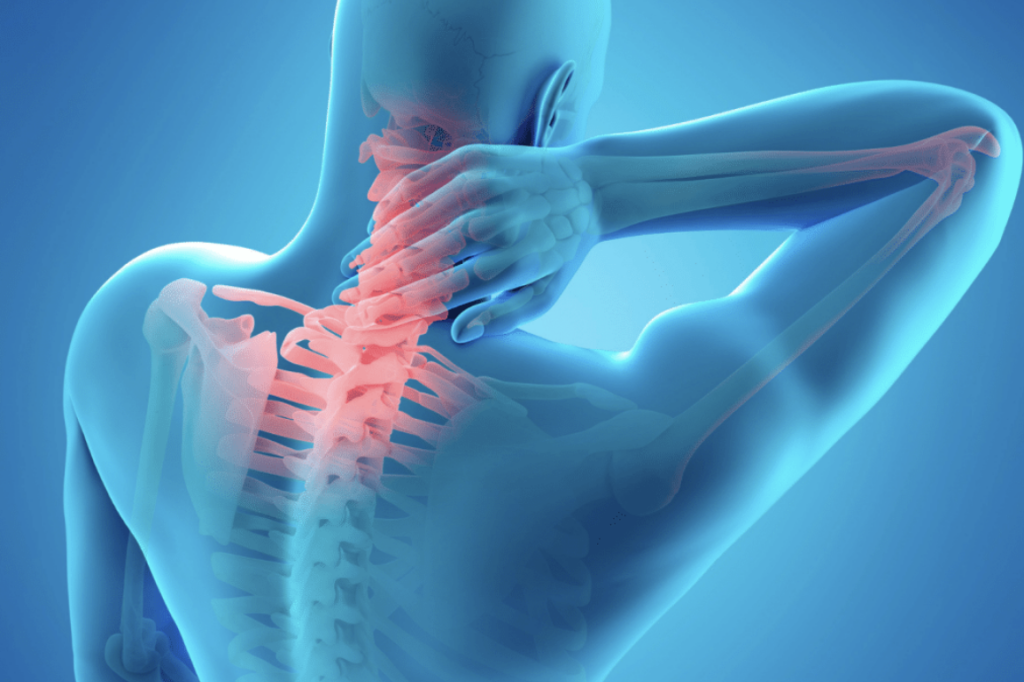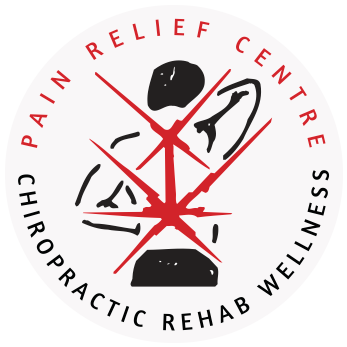
In today’s fast-paced world, stress has become an unwelcome companion for many, manifesting not only in mental and emotional turmoil but also taking a toll on our physical well-being. One common physical manifestation of stress is neck and back pain. This article explores the intricate connection between stress and musculoskeletal discomfort and sheds light on how chiropractic treatment can be a beacon of relief in this often-overlooked intersection.
The Stress/Neck Pain Nexus
The human body responds to stress through a complex interplay of hormones and physiological changes. Chronic stress can lead to muscle tension, particularly in the neck and back areas, as the body prepares for a ‘fight or flight’ response. This sustained muscle tension, if not addressed, can exacerbate the already painful symptoms.
Stress can stem from many sources, work environment being one of them. For example, long hours spent hunched over desks can strain the spine and lead to misalignments, creating a breeding ground for discomfort and pain.

Understanding Chiropractic Care
Chiropractic care is a holistic and non-invasive approach to health that focuses on the relationship between the spine and the nervous system. Chiropractors are trained to detect and correct spinal misalignments, known as subluxations, which can interfere with the body’s natural ability to heal and function optimally.
How Chiropractic Care Addresses Stress-Induced Pain
- Spinal Adjustments: Chiropractors use precise and gentle adjustments to realign the spine, reducing tension in the muscles and promoting proper nerve function. Research published in the Journal of Manipulative and Physiological Therapeutics has demonstrated the efficacy of spinal adjustments in reducing pain and improving function in patients with chronic neck pain.
- Muscle Relaxation Techniques: Chiropractors may employ various muscle relaxation techniques to release tension and promote flexibility in the affected areas. A study in the European Journal of Pain found that myofascial release techniques used by chiropractors can significantly reduce pain intensity and improve neck flexibility.
- Electric Muscle Stimulation: Increases blood flow which helps to decrease inflammation and bring nutrients necessary for healing injuries. Stimulates local nerve cells which can have a pain reducing/anesthetic effect.
- Postural Education: Chiropractors often educate patients about proper ergonomics and posture. By addressing poor postural habits that contribute to stress-related pain, patients can make lifestyle changes that support long-term relief. A randomized controlled trial published in the Journal of Occupational Rehabilitation highlighted the positive impact of postural education in reducing musculoskeletal discomfort in office workers.
- Stress Management Strategies: Chiropractors may also provide guidance on stress management techniques, including relaxation exercises, breathing techniques, and lifestyle modifications. A systematic review published in the Journal of Alternative and Complementary Medicine emphasized the role of chiropractic care in stress reduction and its positive effects on overall well-being.
The Holistic Approach
Chiropractic care takes a holistic approach to health, acknowledging the interconnectedness of the body and mind. Beyond symptomatic relief, chiropractors focus on addressing the underlying causes of pain and dysfunction. This integrative approach aligns with the biopsychosocial model of care, recognizing the interplay of biological, psychological, and social factors in health and disease.
Beyond the Physical: The Emotional Impact of Chiropractic Care
While the physical benefits of chiropractic care are evident, it’s crucial to recognize its positive impact on emotional well-being. Stress is not only a physical phenomenon but also a mental and emotional one. The gentle and attentive nature of chiropractic treatments can have a calming effect on the nervous system, promoting a sense of overall relaxation.
Chiropractic Care Beyond Symptom Management
While chiropractic care is renowned for its effectiveness in alleviating neck and back pain, its benefits extend beyond symptom management. Regular chiropractic adjustments can contribute to overall health and vitality. By optimizing spinal function, chiropractors support the body’s innate ability to heal and maintain balance.
Furthermore, individuals who incorporate chiropractic care into their wellness routine often report improved sleep quality, increased energy levels, and enhanced immune function. These additional benefits underscore the holistic nature of chiropractic care, promoting not just the absence of pain but the presence of optimal health.
Conclusion
In the hustle and bustle of everyday life, stress has become a ubiquitous challenge, often leaving a trail of physical discomfort in its wake. The connection between stress and neck/back pain is undeniable, but so is the potential for relief through chiropractic care. By restoring spinal alignment, promoting muscle relaxation, addressing the root causes of stress, and fostering emotional well-being, chiropractors offer a comprehensive approach to pain management.
If you find yourself grappling with stress-related neck and back pain, contact Pain Relief Centre, so that you get the treatment you need before this becomes a chronic ailment. Call us today at (904) 823-8833.
